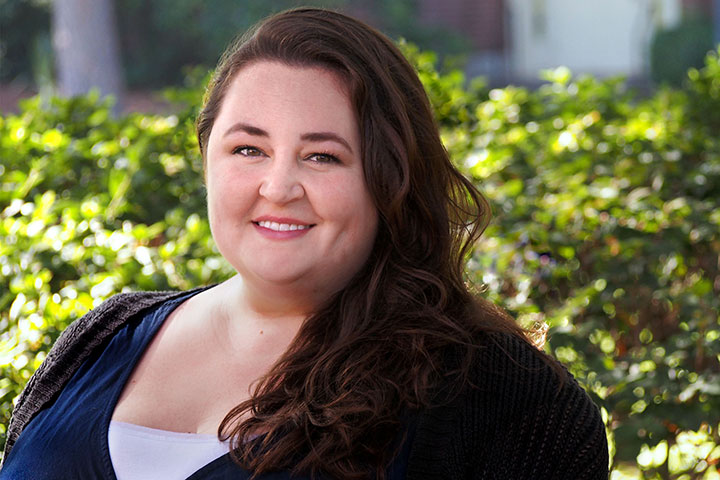
Loves me, loves me not. Turns out that anxiety over that very question may be detrimental to the long-term success of a relationship.
In a recent study in the Journal of Social and Personal Relationships, Florida State University graduate student Ashley Cooper explores how high levels of fluctuation in how secure an individual feels in his or her relationship may actually doom its success.
“For people anxious in their attachments, they have anxiety as to whether the person is going to be there for them and whether they are worthy of others,” said Cooper, a second-year doctoral student in the College of Human Sciences. “I was interested in how attachment security impacted partners’ experiences in their relationship on a daily basis. Some couples experience instability from one day to the next in their relationship, so we sought out to explore what could increase or decrease this volatility.”
Cooper and her colleagues found that individuals who experience high levels of anxiety about their partner’s commitment were likely to experience more volatility in their feelings about the relationship from one day to the next. Furthermore, when women experienced this anxiety, their male partners experienced similar volatility in their feelings about the relationship.
Researchers interviewed 157 couples and asked them a series of questions about how the couples communicated their attachment to each other, how comfortable they were in emotionally connecting with their partners, their relationship satisfaction and the type of conflict that existed in the relationship.
Of the sample, 74 percent of the participants were dating and nearly 50 percent of participants were in relationships of two years or less.
Researchers specifically looked at the couples in which one or both partners experienced high attachment avoidance — that is, behaviors associated with the distrust of relying on other people — and attachment anxiety — behaviors associated with fears regarding consistent care and affection.
When an individual reported high attachment avoidance, both the individual and partner reported generally low levels of relationship satisfaction or quality. When individuals reported high attachment anxiety, there tended to be increased volatility in relationship quality.
Cooper said the findings will be helpful to clinicians involved in premarital or couples counseling and for individuals who experience drastic differences in their feelings about their relationships from day to day.
“For the average person, stay attuned to what your partner is saying and avoid making assumptions that can escalate conflict,” she said. “Trusting in your partner and your relationship is important to daily interactions and stability for your relationship.”
Other researchers who contributed to this study are Casey Totenhagen from the University of Alabama, Brandon McDaniel from Illinois State University and Melissa Curran from the University of Arizona.
Want to learn more? Check out Cooper’s interview on the Journal of Social and Personal Relationships’ podcast.




